5 Ways to Provide Ongoing Support to Grieving Students and Families
April 25, 2023
In the immediate aftermath of a death in the family, school, or community, sensitive support from a teacher can be a powerful protective factor for students of all ages. But as experts David Schonfeld and Marcia Quackenbush point out, it’s also critical to recognize that “feelings of loss are reexperienced in many ways as children grow, mature, and gain new insights.” Offer effective ongoing support to grieving students and their families with the five suggestions in today’s blog post, excerpted and adapted from Schonfeld and Quackenbush’s guidebook The Grieving Student.
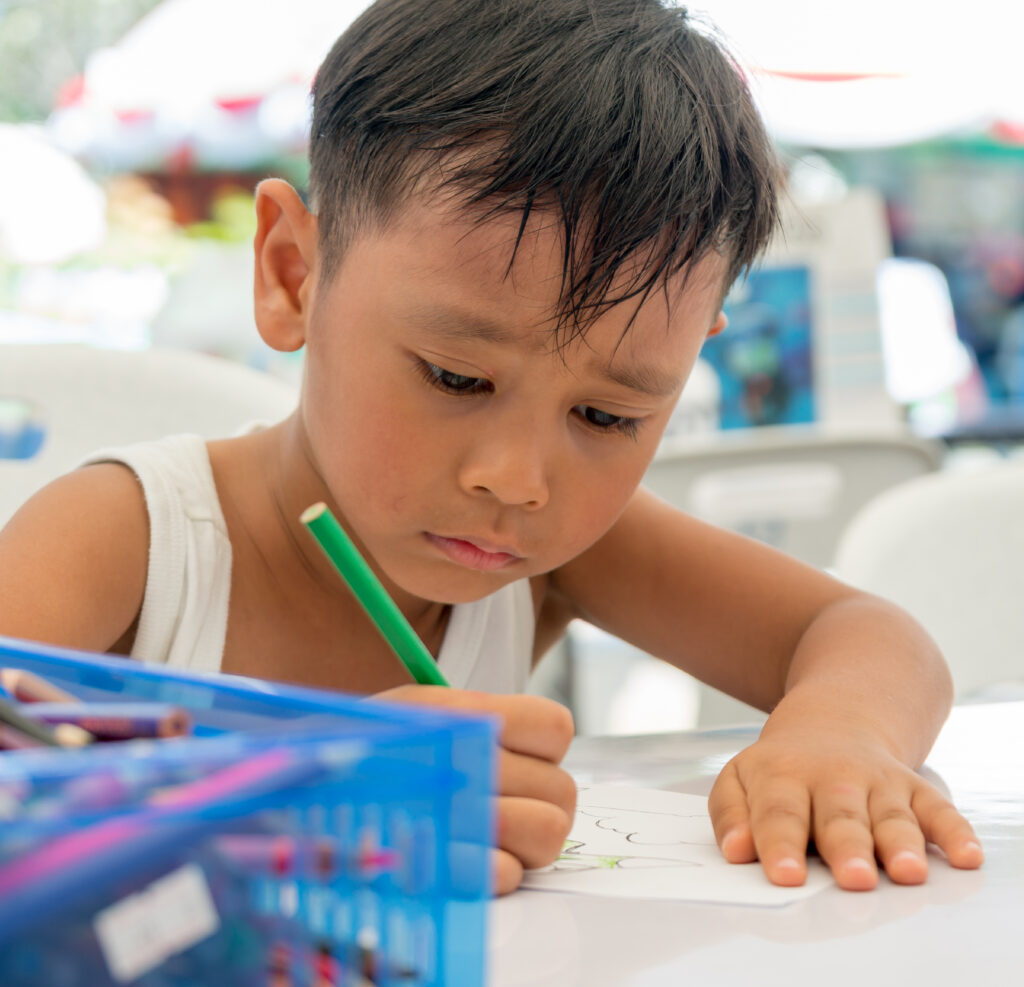 Help preserve memories. Children sometimes worry that they will forget the person who died, especially if they were quite young at the time of the death. Stories, pictures, and continued mentions of the person who died can help children sustain their memory of the deceased. This reinforces their sense of having known and been known by this person. Invite your student to write, talk, or draw pictures about the person. This lets them know that you are supportive, concerned, and available to talk about these matters if they wish. Students may want to share some of their stories with you or the class, but be sure this is a matter of choice—some students may prefer not to share in this way.
Help preserve memories. Children sometimes worry that they will forget the person who died, especially if they were quite young at the time of the death. Stories, pictures, and continued mentions of the person who died can help children sustain their memory of the deceased. This reinforces their sense of having known and been known by this person. Invite your student to write, talk, or draw pictures about the person. This lets them know that you are supportive, concerned, and available to talk about these matters if they wish. Students may want to share some of their stories with you or the class, but be sure this is a matter of choice—some students may prefer not to share in this way.
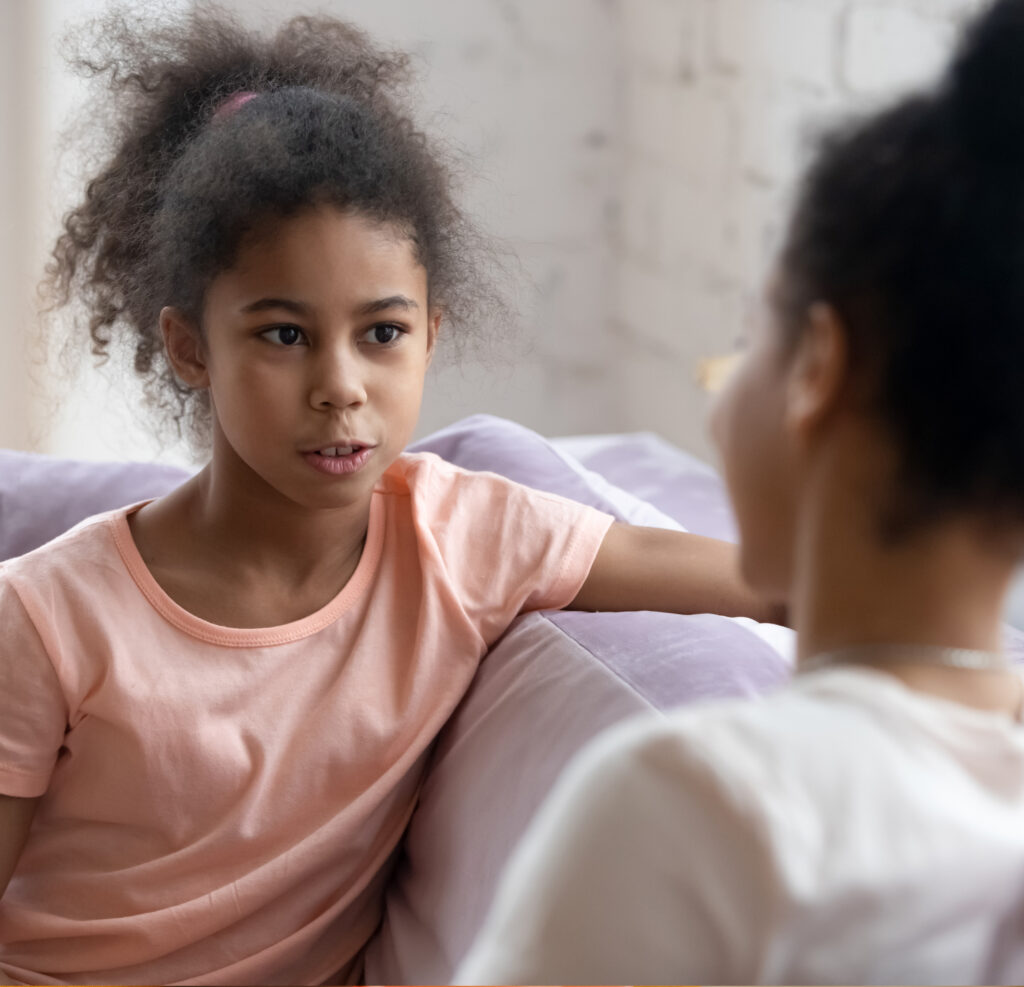 Affirm the importance of strong feelings. This is something you can do directly with bereaved students or in a general way with all students. Children and adolescents can benefit from opportunities to learn how to identify, describe, and cope with emotions. They can learn that strong feelings are something everyone experiences. Students might identify people who can give them support when they have strong emotions. They could develop lists of ways to cope with feelings, such as taking deep breaths, talking to a friend, talking to an adult, playing with a pet, and so forth. Help bereaved children understand that their feelings are a sign of how important the person was to them. When this understanding is paired with skills for coping with strong feelings, children are less likely to be distressed by powerful emotions that are part of ongoing grief.
Affirm the importance of strong feelings. This is something you can do directly with bereaved students or in a general way with all students. Children and adolescents can benefit from opportunities to learn how to identify, describe, and cope with emotions. They can learn that strong feelings are something everyone experiences. Students might identify people who can give them support when they have strong emotions. They could develop lists of ways to cope with feelings, such as taking deep breaths, talking to a friend, talking to an adult, playing with a pet, and so forth. Help bereaved children understand that their feelings are a sign of how important the person was to them. When this understanding is paired with skills for coping with strong feelings, children are less likely to be distressed by powerful emotions that are part of ongoing grief.

 Maintain or increase contact with the family. Work with families to assess how children are coping and plan accommodations in schoolwork if necessary, as well as other means of support. These sorts of contacts continue to be helpful over time. If there are concerns about a student’s behavior, early attention can prevent problems from starting or help resolve them more quickly if they do develop. If you notice grief reactions that seem especially strong some time after a loss has occurred, check with the family to see if difficulties may be showing up in other areas and work on a plan together.
Maintain or increase contact with the family. Work with families to assess how children are coping and plan accommodations in schoolwork if necessary, as well as other means of support. These sorts of contacts continue to be helpful over time. If there are concerns about a student’s behavior, early attention can prevent problems from starting or help resolve them more quickly if they do develop. If you notice grief reactions that seem especially strong some time after a loss has occurred, check with the family to see if difficulties may be showing up in other areas and work on a plan together. Support contact between the family and the child’s health care provider. After a death has occurred, children often worry about their own health and that of others in their family. They are also experiencing greater stress than usual, which can cause a range of physical symptoms, including headaches and stomachaches. Encourage families to contact their children’s pediatrician or other health care provider to identify complaints that stem from physical illness, emotional distress, or a combination of the two. Health care providers can also direct families to community resources that support families experiencing grief, such as bereavement support groups, community mental health programs, or camps for children who have experienced the death of a family member. Health care providers may offer to talk with children to see what they understand about the death and how the children and their family are coping. Sometimes they can even help children express concerns that they are not discussing with the family.
Support contact between the family and the child’s health care provider. After a death has occurred, children often worry about their own health and that of others in their family. They are also experiencing greater stress than usual, which can cause a range of physical symptoms, including headaches and stomachaches. Encourage families to contact their children’s pediatrician or other health care provider to identify complaints that stem from physical illness, emotional distress, or a combination of the two. Health care providers can also direct families to community resources that support families experiencing grief, such as bereavement support groups, community mental health programs, or camps for children who have experienced the death of a family member. Health care providers may offer to talk with children to see what they understand about the death and how the children and their family are coping. Sometimes they can even help children express concerns that they are not discussing with the family.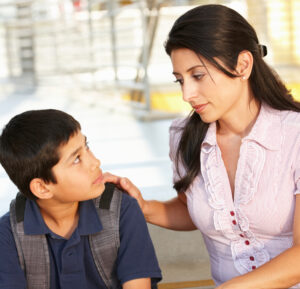 Remember and recognize 1-year marks and other important dates. Even when students had strong support from friends and community at the time of the death of a family member, people outside the family are less likely to remember calendar markers of the death. This can prompt children and staff to think that they are alone in experiencing distress at this time. Reach out to students around the date marking the death: for example, if a student lost a parent in sixth grade, it would mean a great deal to receive a card from their sixth-grade teacher the following year. Sometimes people worry that an acknowledgement of the anniversary will serve as a painful reminder to children—but children are usually already thinking about the milestone, and a genuine gesture of support will be appreciated.
Remember and recognize 1-year marks and other important dates. Even when students had strong support from friends and community at the time of the death of a family member, people outside the family are less likely to remember calendar markers of the death. This can prompt children and staff to think that they are alone in experiencing distress at this time. Reach out to students around the date marking the death: for example, if a student lost a parent in sixth grade, it would mean a great deal to receive a card from their sixth-grade teacher the following year. Sometimes people worry that an acknowledgement of the anniversary will serve as a painful reminder to children—but children are usually already thinking about the milestone, and a genuine gesture of support will be appreciated.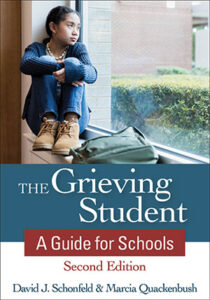


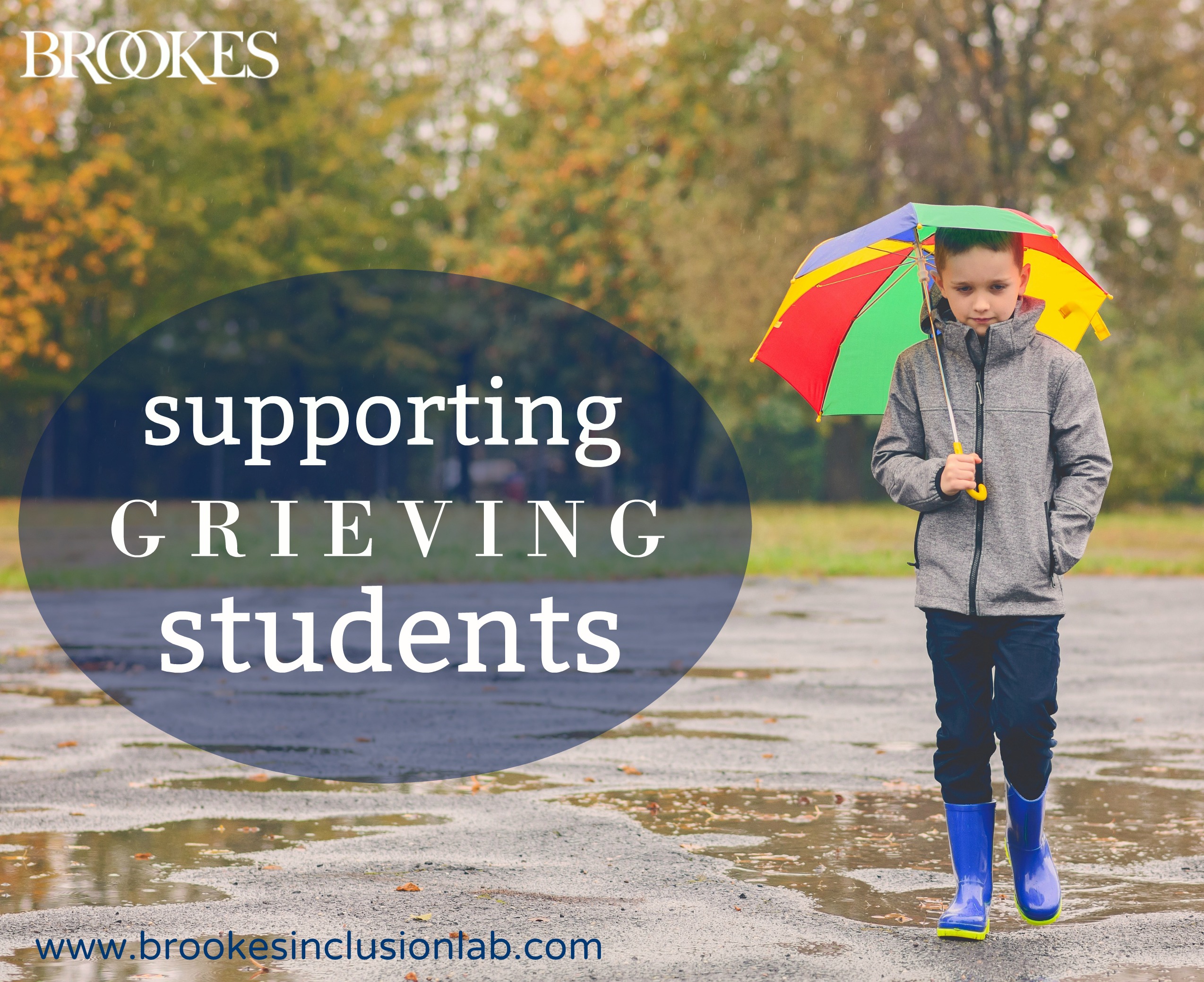
Write a Comment
Your email address will not be published. Required fields are marked *
Post a Comment